Senator Marcos Rogério (DEM-RO) was chosen as rapporteur for PL 5829 (Bill no. 5829/19), which aims to create the Legal Framework for GD (distributed generation) in Brazil. The parliamentarian was appointed by the president of the Senate, Rodrigo Pacheco (DEM-MG), this Monday (20).
The proposal, authored by deputy Silas Câmara (Republicanos-AM) and rapporteur by deputy Lafayette de Andrada, was approved in the Chamber of Deputies on August 18. The PL was discussed in a single round and had an absolute majority of votes, with 476 in favor, three against and three abstentions.
“This is a very important project for Brazil, as it will lead to the democratization and popularization of the use of solar energy, which is cheap and available to everyone. Brazil is the country of the Sun, but today only those with better purchasing power are able to have it in their homes. Through this project, we will be able to do this (bring the benefits to more people)”, said Lafayette.
Read too: See here the main changes proposed by PL 5829
If it is also approved in the Senate without significant changes, the text will go to President Jair Bolsonaro (no party) for sanction and then enter into force. Lafayette's expectation is that the document will be approved by senators without relevant changes and receive presidential sanction in 2021.
Processing of PL 5829
Initially, PL 5829 was scheduled to be voted on at the beginning of last year, but ended up being postponed due to the Covid-19 pandemic. The topic was resumed in December 2020, when the majority of deputies voted to urgently approve the text, allowing it to skip some steps in the processing process and go straight to voting, which ended up not being confirmed initially.
Before being approved by the Chamber of Deputies, the project was put on the agenda for voting 11 times, without being analyzed in any of the extraordinary sessions. The text was being left aside in the votes due to a lack of consensus among parliamentarians.


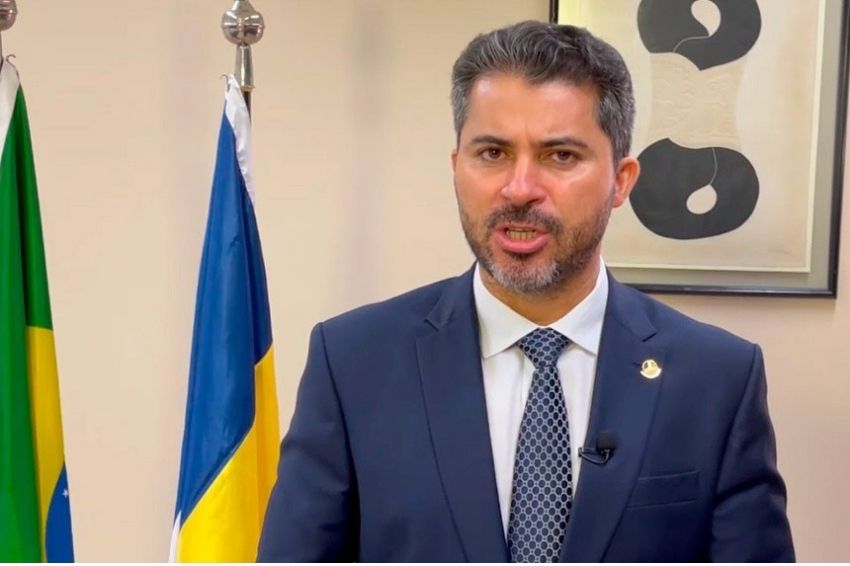


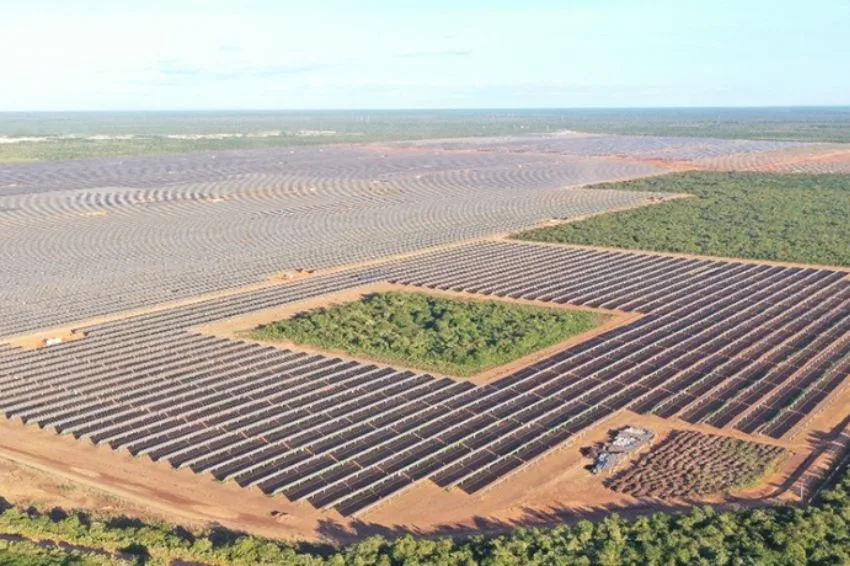
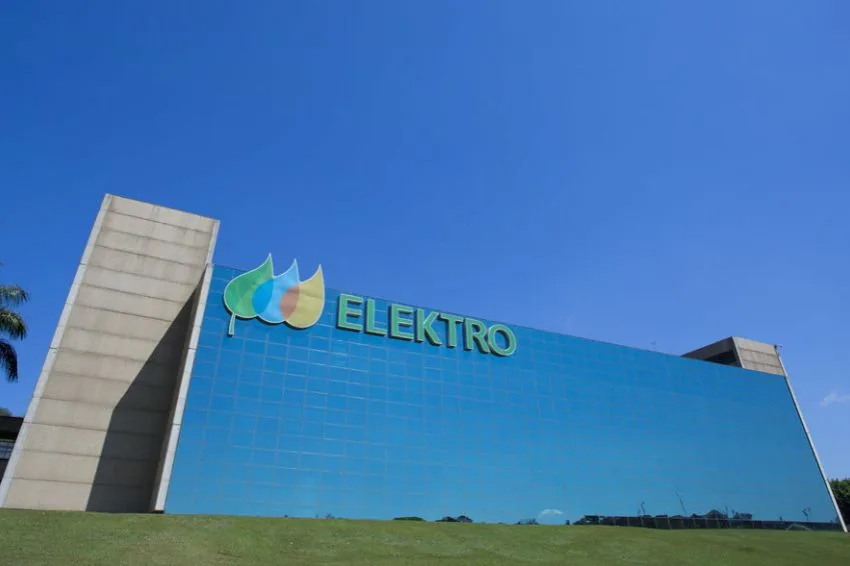

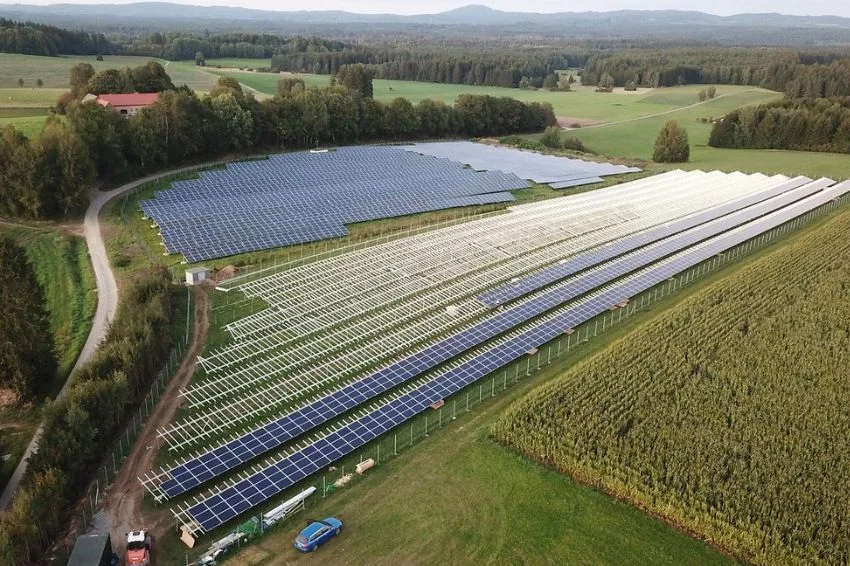
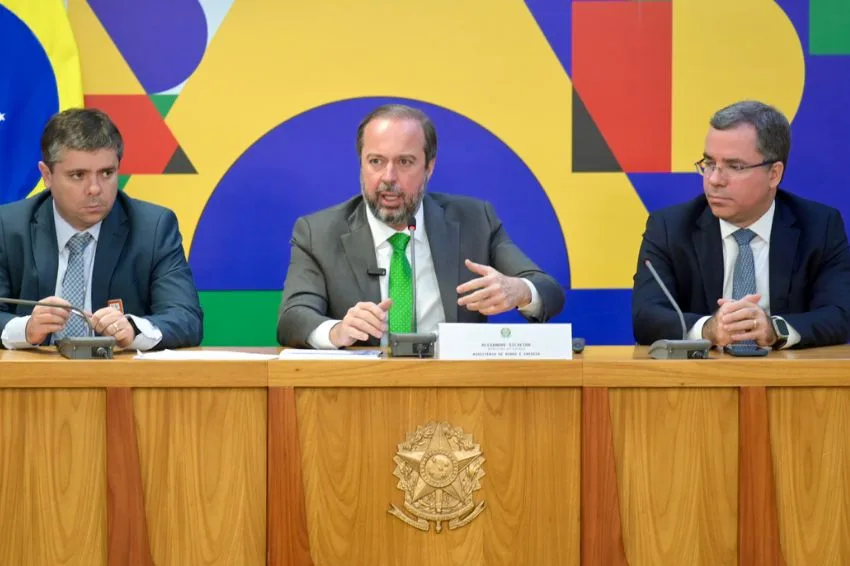
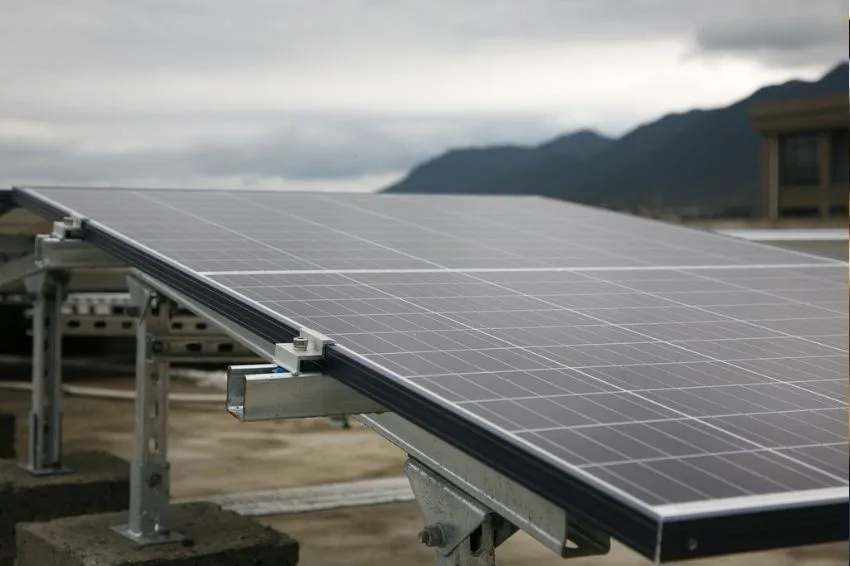







4 Responses
Good afternoon.
I'm already in the middle...but everything changes all the time.
Now PL-5829.
Come on….I’m in.
I hope there is wide media coverage.
Renewable energies inexorably represent the most intelligent way to replace harmful and polluting energy from fossil sources. And Brazil is privileged by nature in these resources. The most striking examples are wind and solar energy. This one has enviable potential. We have a daily average of kWh/square meter higher than the maximum in European countries, therefore, it is not acceptable for us not to take advantage of this competitive advantage. Engineer and Professor, master in electrical engineering. Consultant and designer in energy efficiency and photovoltaic generation. Congress has an important role to play. We hope so!
Renewable energies inexorably represent the most intelligent way to replace harmful and polluting energies from fossil sources. And Brazil is privileged by nature in these resources. The most striking examples are wind and solar energy. This one has enviable potential. We have a daily average of kWh/square meter higher than the maximum in European countries, therefore, it is not acceptable for us not to take advantage of this competitive advantage. Engineer and Professor, master in electrical engineering. Consultant and designer in energy efficiency and photovoltaic generation